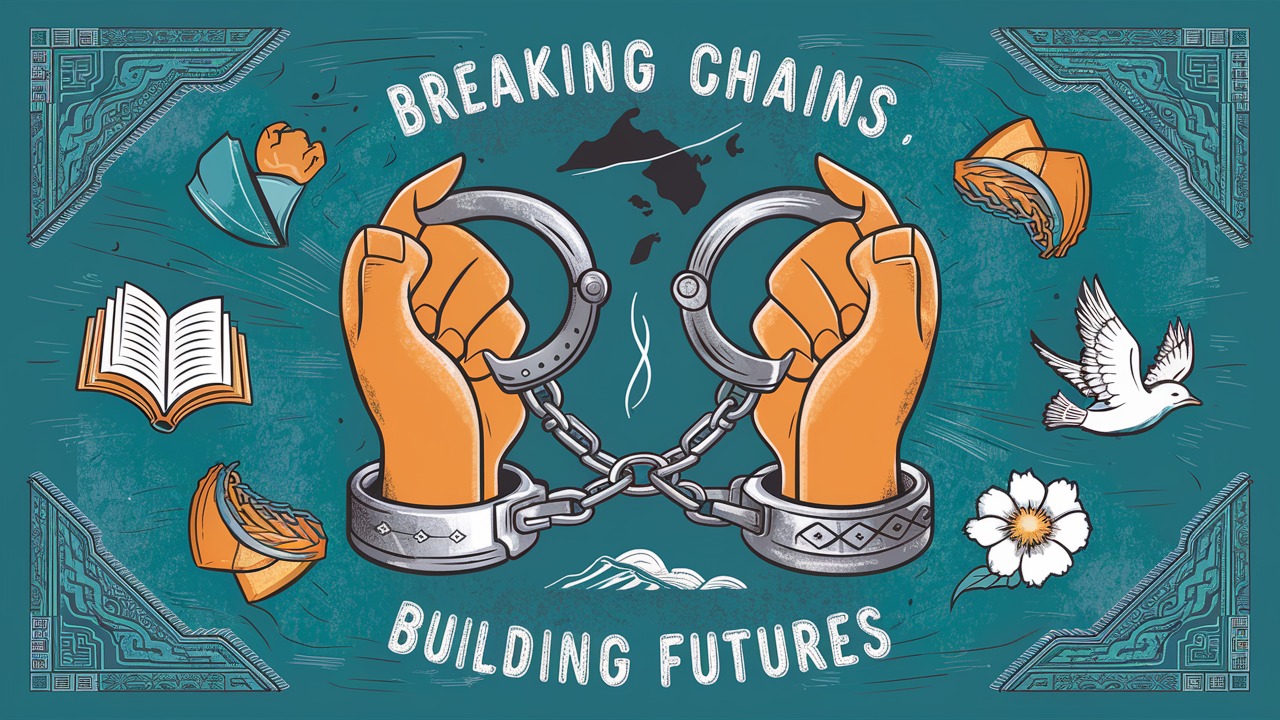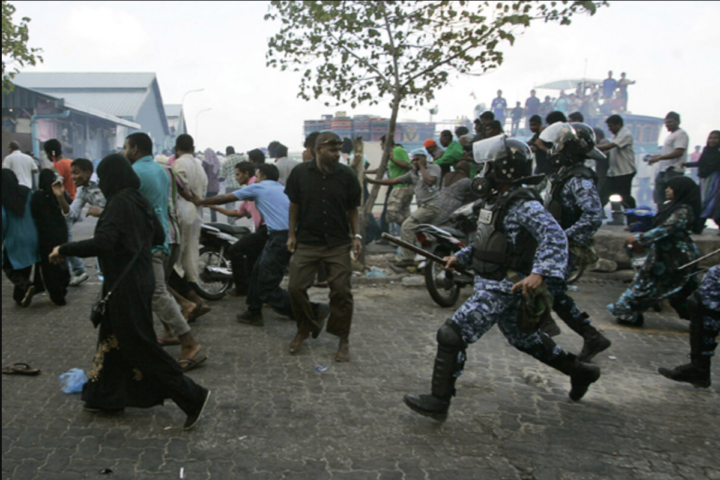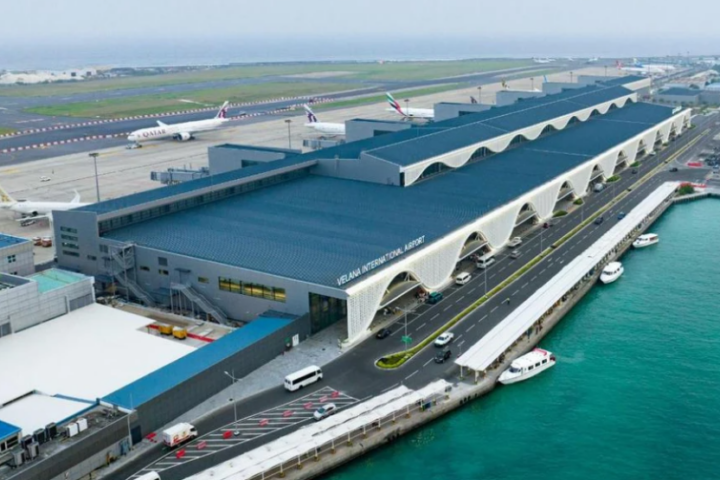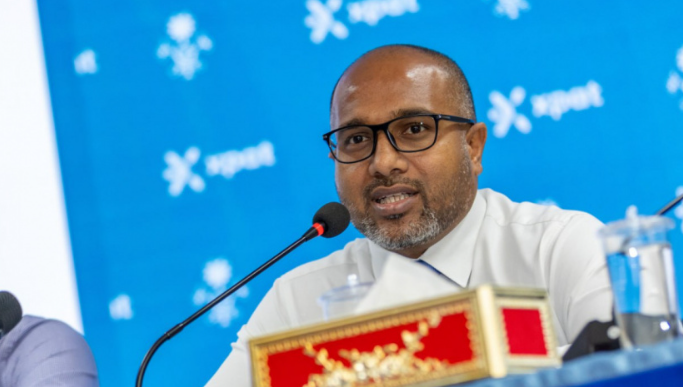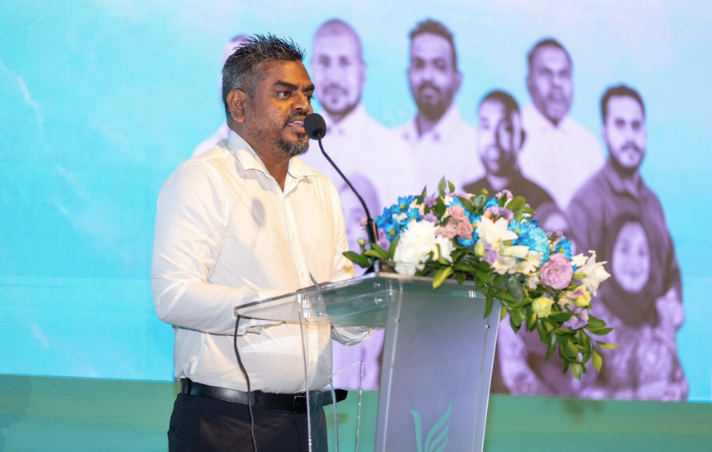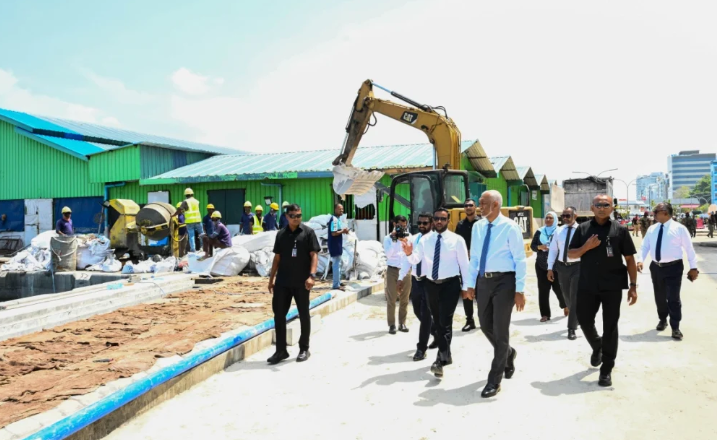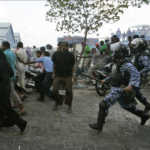MALE’, Maldives — In a nation renowned for its luxury tourism, the Maldives faces a less glamorous issue: human trafficking and the violation of foreign workers’ rights. This persistent problem has often gone unaddressed by government officials, creating a backdrop of neglect in stark contrast to the country’s thriving hospitality industry. However, recent efforts by the homeland minister and the immigration controller are drawing attention to these critical issues.
The ruling People’s National Congress (PNC) dominated Majlis, is currently debating proposed amendments to the Employment Act, a move seen as crucial in addressing the plight of foreign workers. The Employment Bill under discussion highlights four key areas of neglect affecting expatriates: non-payment of salaries, failure to provide basic services, employment in roles not initially agreed upon, and human trafficking.
The bill’s introduction has sparked a wider conversation about the Maldives’ commitment to upholding the rights of foreign workers and improving its human trafficking record. As a respected member of the international community, the Maldives is expected to align its labor practices with global standards, surpassing even those of Middle Eastern countries often criticized for similar issues.
To effectively tackle these challenges, it is suggested that the Majlis should consider several important measures. First, lawmakers could mandate employers to obtain a certificate of good standing, demonstrating their compliance with labor rights, particularly for foreign workers. This certification could be required for obtaining foreign labor-related permissions.
Additionally, the Majlis might require companies accused of trafficking and labor rights violations to undergo a training program on human trafficking and human rights. This could help raise awareness and prevent future abuses.
Another crucial step would be mandating that all foreign workers have bank accounts in their names, with salaries paid through the banking system. This measure would ensure transparency and help combat money laundering.
Finally, the Majlis could require the executive to publish an annual report assessing the country’s performance in managing its expatriate workforce and addressing human trafficking. Such a report would provide accountability and track progress over time.
These proposed measures, if adopted, could significantly strengthen the protections for foreign workers and improve the country’s approach to combating human trafficking. As the debate continues, one can hope these legislative efforts will lead to meaningful changes that enhance the Maldives’ reputation and the well-being of its foreign workers, rather than merely paying lip service to the issues.
The Maldivian government has shown increased efforts to combat human trafficking but still fails to meet minimum standards, according to the U.S. State Department’s 2023 Trafficking in Persons Report. While the country secured its first trafficking convictions in two years and implemented new regulations for recruitment agencies, significant challenges remain.
Key issues include a lack of proactive investigation into labor trafficking cases, weak victim identification and protection efforts, and absence of official procedures to refer victims to care. The report also highlights inadequate screening of migrant workers for trafficking indicators and a lack of accountability for government officials allegedly complicit in trafficking crimes.
The report recommends increased efforts to identify and protect victims, particularly among vulnerable groups like foreign workers and undocumented migrants. It also calls for enhanced training of front-line officials and improved oversight of labor recruitment agencies.
Despite these shortcomings, the Maldives remains on Tier 2, indicating the government is making significant efforts to comply with minimum standards for eliminating trafficking.
As the Maldives continues to address these challenges, the contrast between its luxury resorts and the struggles of foreign workers remains a pressing issue for the island nation.
